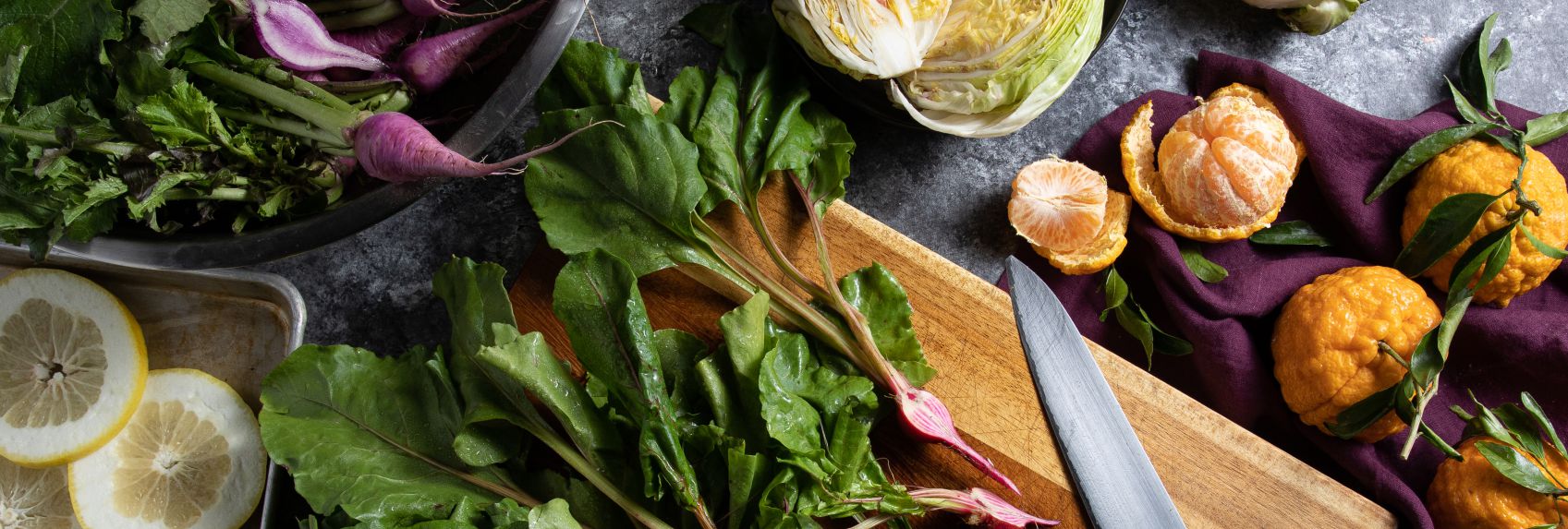2024 Food Forecast
Fads aren’t for us. But food trends that focus on sustainability, social issues, and superior products and produce? Those are right in our wheelhouse. Working with our seasoned merchandising team, we put together our 2024 Food Forecast, highlighting brands and products that improve their little corner of the world so our customers can feel good about what they’re purchasing and serving. These brands are leading food and restaurants into 2024 and beyond, making waves as pioneers and trendsetters. Read on for the food trends we’re seeing at every level of the industry.
Alternative sweeteners, like stevia, were all the rage for several years. But now we’re seeing a push toward products that are naturally low in sugar as opposed to using sugar substitutes. Spindrift Sparkling Water, a low-sugar pioneer, is a great example in the drinks space—their products rely on real fruit juice to bring a touch of sweetness. Our newest add in this category is Copra Coconut Nectar, a sweetener similar to agave nectar that is low on the glycemic index and offers an ideal one-to-one swap in cocktails, ice cream, and even overnight oats. Baldor is stocking a squeeze bottle of the nectar that’s great for quick grab-and-go use, as well as a larger bag-in-box option for the industrial production side. And for cafés looking to make truly healthy smoothies or smoothie bowls, Pitaya Foods Unsweetened Acai is a great product that tastes wonderful without any added sugar.
Emily Murphy, Director of Specialty Merchandising, predicts that cultured oil will quickly make its way into restaurant kitchens this year, much in the way that Impossible Burgers and Beyond Meat became household names. Cultured oil is a neutral cooking oil that’s made from fermented sugarcane and is far more environmentally conscious than many vegetable and seed oils. Plus, it’s got more heart-healthy fats and less inflammatory fats. We’ve brought in Zero Acre Cultured Oil—Chef Dan Barber is an investor in the company, which tells you about its quality and sustainability. While it’s not intended to be a replacement for fine finishing oils, it’s perfect for cooking. Its fattiness and high smoke point (485˚F) work well for roasting, sautéing, or frying.
Mushrooms are nothing new on menus (or in the aisles of natural foods stores as medicinal powders and tinctures). For years restaurants have served the ubiquitous portobello burger or sautéed creminis. But now the variety of mushrooms we’re seeing is expanding mightily. We’ve seen King Oyster “steaks,” smoky King Trumpet skewers, and Hen of the Woods parmesan (like eggplant parm). The demand for lesser-known mushrooms, like Pom Poms (also known as Lion’s Mane mushrooms) has grown early 300% year over year. The growth is similar for Chanterelles and King Trumpets, which has led our Produce team to secure new partners and broaden our mushroom program as a whole. We believe some growing interest for certain ‘shrooms, including those Pom Poms, is because of its perceived adaptogenic effects, meaning that they may help reduce stress impact on the body.
Although celiac disease, nut allergies, and lactose intolerance have been part of the food zeitgeist for years, we’re seeing a notable surge in products that taste great and appeal to everyone and also meet the needs of those with dietary restrictions. 88 Acres is a company known for seed butters and protein bars that are free of several allergens, including peanuts, tree nuts, gluten, dairy, and eggs. The response to our 88 Acres partnership has been so overwhelming that we’re adding additional products from their line. (Spoiler alert: Get ready for a crazy-good granola.) Customer interest in Kite Hill’s dairy-free sour cream, cream cheese, and ricotta cheese has been similarly strong. For gluten-free offerings, we’re excited about our new partnership with Original Sunshine, launching this month, whose bagels pass muster with iconic New York bagel shops like Russ & Daughters and Black Seed Bagels.
"Now more than ever I’ve noticed that chefs only want Northeast Atlantic area fish” says Mike Lettas, Sales Manager at Baldor x Pierless Fish. “They want to feature smaller businesses, smaller fisheries, and local suppliers.” We expect the trend toward locality and aquaculture to continue as foodservice businesses try to do their part to combat rising water temperatures and the disruption of natural environments. Plus, the waters of the Northeast are home to some of the best fishing in the country, with a huge spectrum of seafood, and chefs are taking notice. One example: Restaurants have historically bought tuna from across the globe, but we source our sustainable, line-caught tuna from Captain Bob in Sea Isle, NJ and we’re seeing far more interest in the product than in past years.
Fair trade promises better prices, decent working conditions, and more equity for farmers and workers in developing countries. But at Baldor, we’re seeing brands like SIMPLi —which offers grains, beans, legumes, and oils—infuse the phrase with new life and meaning. "Now brands are talking about regenerative farming practices and soil health, as well as the ecosystem beyond putting seed in the ground," explains Murphy. And the commitment goes even beyond the walls or boundaries of the farm or producer: "How is their local community doing? How are companies able to help the community grow by investing in local workforces and schools so the area can be economically and socially healthy?" SIMPLi’s leadership in prioritizing workers and communities in Peru has been impressive. Across Baldor, we’re working to grow the number of categories via which we offer certified fair trade products in 2024.
Within the larger trend of local seafood, we’ve seen a spike in interest in freshwater fish, particularly trout. While rainbow trout has historically come from Idaho, Pierless works with local fisheries in Pennsylvania that have forged impactful relationships with several high-profile restaurants in the New York area. "Trout have become really popular recently," says Lettas. Green-Walk Trout Hatchery in Bangor, PA, is a terrific success story: "They're a family business that has mastered their craft and whose accolades speak for themselves. “With a direct line to Michelin restaurants in the city, Green-Walk’s product stands toe-to-toe with the best, most sustainable fish our industry has to offer.”
The word "regenerative" has become a bit overused as it relates to growing food. We’re now seeing farmers, producers, and chefs turn toward "restorative" instead—both in vocabulary and in practice. "The term regenerative has been co-opted and watered down to some degree," says Peter Mistretta, Protein Category Manager. "Restorative is the updated term, which is a bit more specific. It isn’t just about maintaining soil health but improving soil health; restorative aims to make things better than they are." At Joyce Farms, for example, restorative applies to all aspects of raising animals, from rotational grazing to implementing cover crops to managing and repurposing waste. In the baking world, Farmer Direct Foods practices regenerative agriculture and supplies its high-quality wheat flour to King Arthur Flour (Baldor will be carrying their products this month).
Every few years, a different vegetable suddenly appears on restaurant menus coast to coast. For a while, the "it" veg was cauliflower, then delicata squash. This year, celery root—also known as celeriac or knob celery—is stealing the culinary stage. Baldor’s sales of celery root have grown 42% year over year, and we expect to see it continue in 2024. "Celeriac is one of the most underrated vegetables," says Donald Russo, Senior Category Manager for Vegetables. High in fiber and lower in carbs than many other root vegetables, it can be eaten raw or cooked, and in a chef’s hands, the applications are endless. We’ve seen it carved into shawarma, shredded into slaw, puréed into soup, roasted as a side dish, and more.
Across categories at Baldor, there’s a surge in farms and producers who are reaching into the past to build the future—specifically sourcing heritage breeds and seeds that provide the best flavor possible. A perfect example of the specific genetics of a heritage breed is the Niman Ranch Iberian Duroc pork. "You can think of Niman’s Iberian Duroc program like you would a Cherokee purple tomato or heirloom corn," says Kevin Lindgren, Director of Protein Merchandising. "It’s an old breed that tastes the way pork used to, before flavor got lost in commercialized farming." The same is true for Joyce Farms’ Aberdeen Angus Beef and Gloucestershire Old Spot Pork. Maine Grains localizes production and sources heritage grains and beans from across the Northeast. And the Row 7 Seed Company leans into heritage vegetables varieties to develop seeds that will grow strong, resilient (and tastier) plants.
Legislation is making a positive impact on our food system at every level. In the meat industry, two recent laws are making waves. Prop 12 in California and Question 3 in Massachusetts ban farmers from confining pigs in gestational crates. And more states are expected to follow suit. According to Lindgren, these laws are pushing all of the country’s pork producers to change their production methods and raise their animals in a more humane way. All of Baldor’s pork offerings in Massachusetts are compliant, and we offer these brands—Joyce Farms, Les Viandes Du Breton, and Niman Ranch— across all our delivery states. We’re committed to making all of our fresh pork and bacon products Question 3 compliant by 2026. "We’re 90% of the way there," Lindgren said, "and no one else is really out there doing that." Meanwhile, we’re seeing more legislation in California affecting foods— with the recent law banning food additives, including red and yellow colorants—and we expect these kinds of efforts to spread Eastward as well.
Just a few years ago, it seemed like chickpeas only made humble appearances on restaurant menus: hummus, chana masala, maybe the occasional pasta. Now, chickpeas are everywhere, in all different forms. In New York, we’re seeing lots of restaurants putting chickpea farinata on their menus. An Italian dish, this savory chickpea pancake is soft on the inside, crisp on the outside, and makes for a great gluten-free appetizer. We’re also seeing restaurants using chickpeas in homemade crackers, and even as "fries," with the perfect balance of crunchy and custardy. We suspect chickpeas and chickpea products, from flour to snacks, will become even bigger in 2024.
It’s fair to say that carbon offsets aren’t doing quite enough good as everyone hoped, which is why many brands are now focused on carbon neutral—which means sequestering or digesting carbon—instead. World Centric, a B Certified Corporation, produces compostable cutlery. But they’re also trying to lead environmental change by teaching restaurants, businesses, and even independent households how to compost their products. "They’re going the extra mile," says Murphy. "They realize that their responsibilities are not just to sell a good product, it’s also about educating." Open Water, which produces 100% recyclable and 100% carbon-neutral aluminum cans of water, has built additional bottling facilities to reduce their number of cross-country shipments. AKUA is a company that uses regeneratively farmed kelp as a base for alternative meats and seafood; kelp sequesters carbon, which helps combat ocean acidification.

















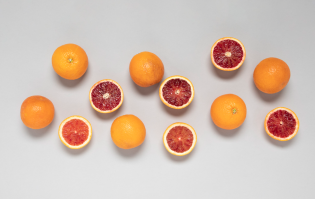
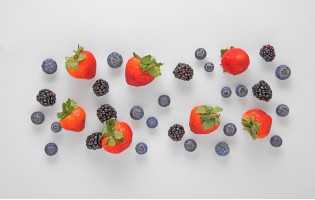
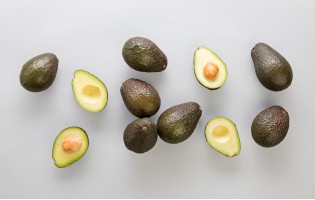


































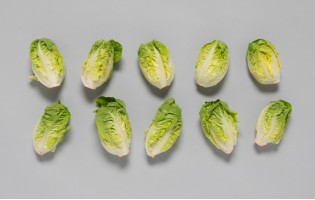
































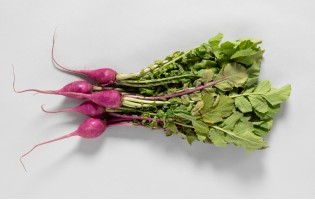




























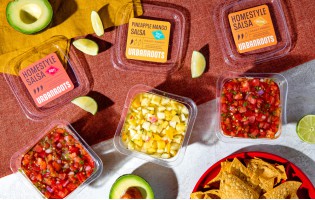













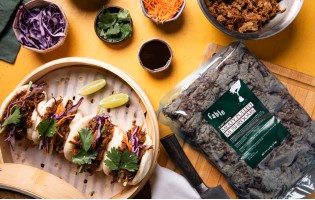

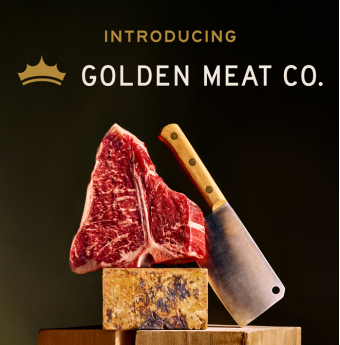















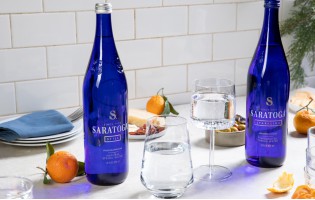
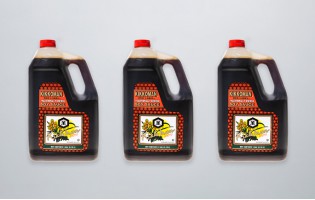







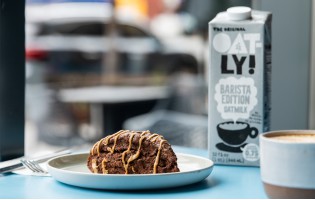


















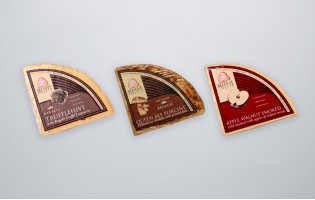

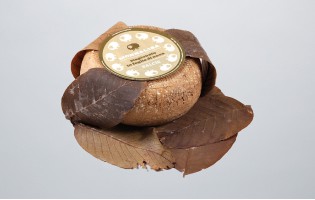









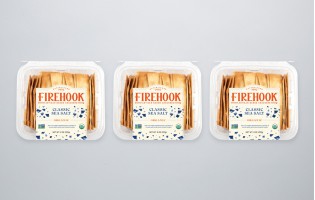
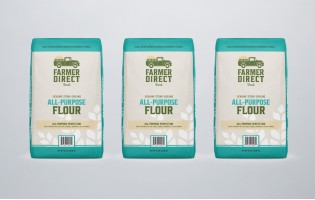


















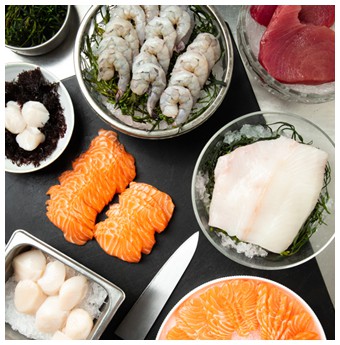
 Fruits
Fruits  Organics
Organics  Vegetables
Vegetables  Fresh Cuts
Fresh Cuts  Meat & Poultry
Meat & Poultry  Grocery
Grocery  Dairy
Dairy  Cheese
Cheese  Bakery
Bakery  Seafood
Seafood 